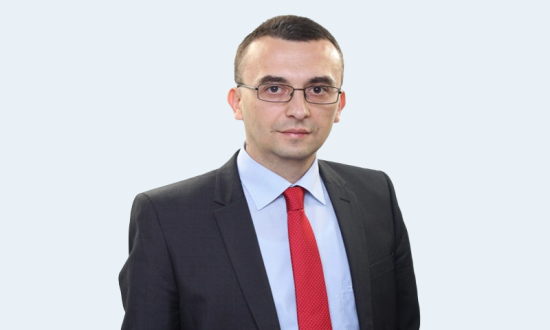Dr. Ilija is a Faculty and scholar with 5+ years of international teaching experience in project management, operations management, quantitative methods, and related disciplines, more than 12 years of experience in delivering training and workshops in project and business management, and more than 12 years of relevant industry experience in managing different internationally funded projects. Holder of different globally recognized certificates such as PMP –Project Management Professional, ECQA EU Project Manager, UNDP Trainer for Sustainable Development Goals, and Six Sigma. Noticeable research experience in operations management, supply chains and logistics, project management, and quantitative methods.
When we think about project management as a course subject, a specific dilemma arises: is it a management science or the art of managing?
If the instructor considers this course from a purely management science perspective, then falls into the trap of a purely theoretical approach to this very dynamic discipline. Many instructors fall into this trap by teaching within the framework of the syllabus, following the topics as they are written in the textbook. There is a very simple explanation for this situation. The instructor took this course during his studies or even specialized in project management. However, he or she never practically worked on project management. Therefore, the practical challenges in project management are unfamiliar to the instructor, and therefore the teaching is reduced to theoretical discussion.
To avoid the previous situation, university instructors should be motivated to engage in the implementation of projects in the industry to gain the necessary experience. Such an approach can be part of the instructor’s evaluation through the prism of community engagement. In this way, the instructor also acquires the prerequisites for the PMP certification. When we mention PMP certifications, it is noticeable that instructors PMP-holders achieve much better performance in the implementation of the project management curriculum.
As another very important strategy for overcoming the trap of a purely theoretical approach to the implementation of the project management course, numerous co-curriculum activities are available. Engagement of guest speakers and trainers from the industry is one such possibility. In this way, it is possible to transfer the valuable experience of experienced project managers to students. However, if students are not able to see with their own eyes how projects are developed in practice, then this can create a problem of understanding project management as an art. Therefore, the organization of field visits as well as internships become very valuable tools in the learning process.
However, we should not forget that project management is part of management science. Therefore, the instructor should constantly familiarize himself or herself with new trends by continuously reading scientific articles from the project management field, or their own participation in scientific research. Project management is an ever-evolving field with new methodologies and technologies emerging regularly. Keeping the curriculum up-to-date can be a constant challenge for educators. As we know, the application of artificial intelligence is becoming trendier in recent times. However, a very relevant question arises as to how much this field has been scientifically researched, and how much it is represented in the curriculum of project management.
In order to conclude this topic, it is clear that the curriculum of project management must balance between management science and the art of managing. In the end, instructors should develop balancing skills just as project managers do, balancing between the different interests of stakeholders and project constraints.




